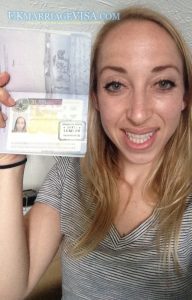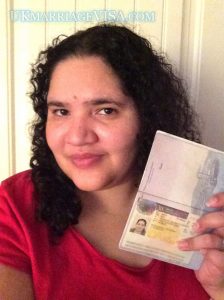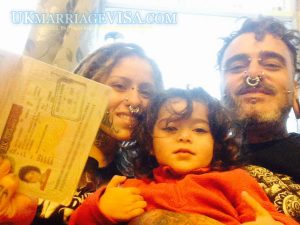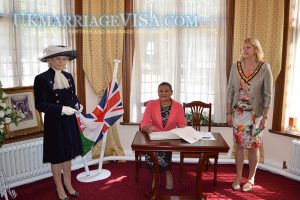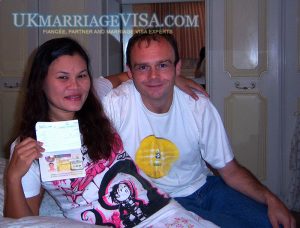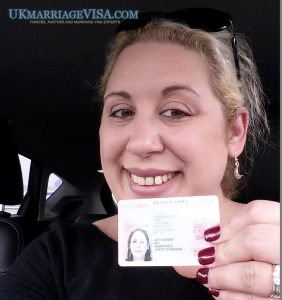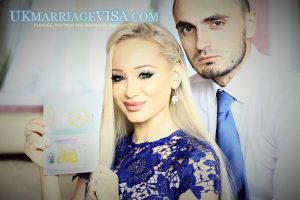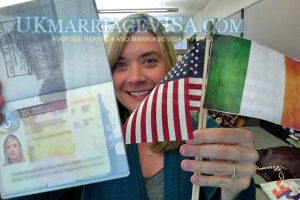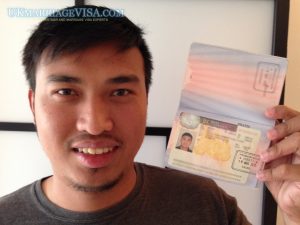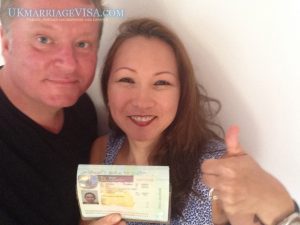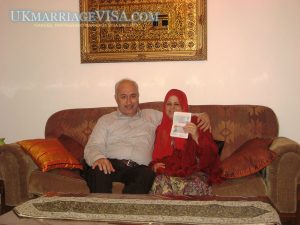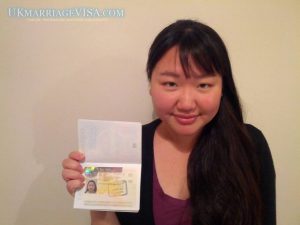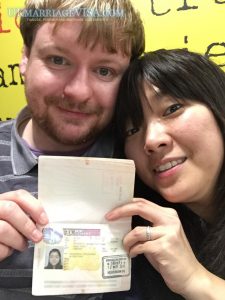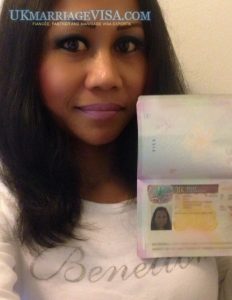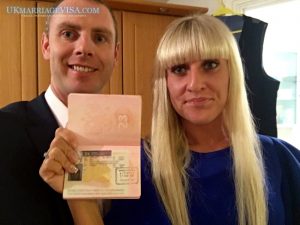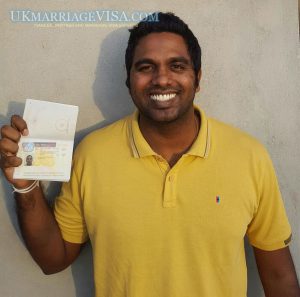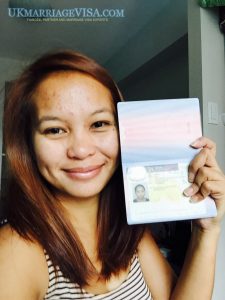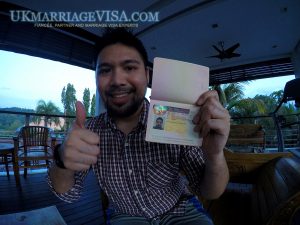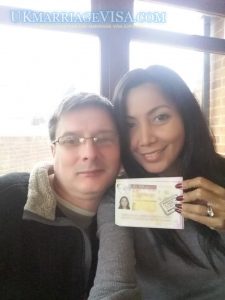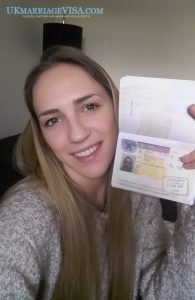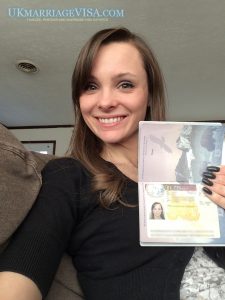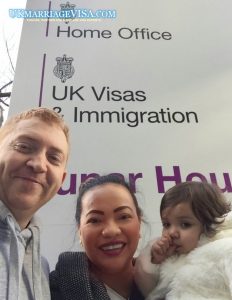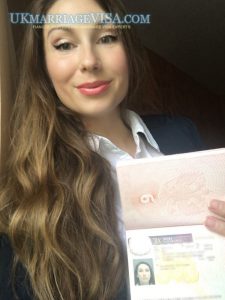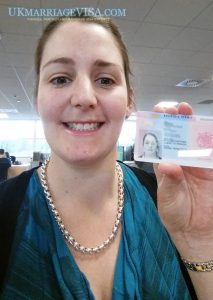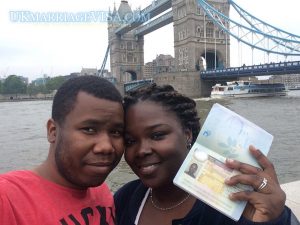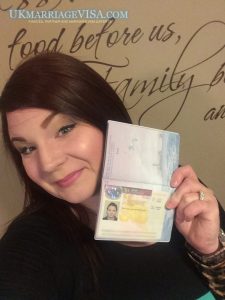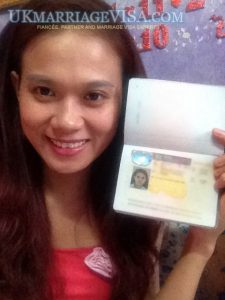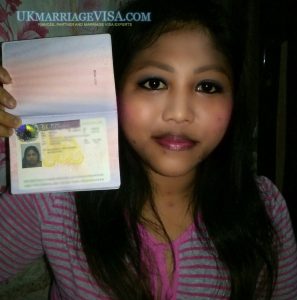Minimum income threshold requirement after 11 April 2024
Since the introduction of a new financial requirement on 11 April 2024, the process of obtaining a UK marriage, fiancee and unmarried (de facto) partner visa under the settlement category has become increasingly complex. Many UK sponsors, including British citizens and legal permanent residents, who seek to make a settlement application for their foreign partner, fiancee or spouse to join them in the UK are unable to satisfy the strict criteria set out by the UK Visas and Immigration (UKVI). A mere look at the annual salaries needed to meet the threshold requirement is not sufficient enough to assume that a settlement visa application will be successful, as qualifying sponsors are required to submit a number of supporting documents to prove their eligibility depending on individual circumstances.
Minimum income threshold
There are several subcategories of the financial requirement under Appendix FM of the UK immigration rules. Before analysing available categories, it is vital to note that as of 11 April 2024, the minimum income threshold required to sponsor a foreign fiancee, partner or spouse is £29,000 per annum. Under the new rules, the minimum income threshold does not increase if there are also dependent children applying with the principal applicant.
Financial categories
The following list displays some scenarios a UK sponsor may fit in order to qualify under Appendix FM of the UK immigration rules. This list is designed for our clients to determine whether they may potentially meet the financial requirement to sponsor their fiancee, partner or spouse and/or any dependent children for a UK settlement visa. Please note that every case presents a unique situation. This is an area where the applicant and their sponsor should give a lot of thought to whatever documents might be used to support the application.
- Scenario A: I have been employed by the same company for the last six months earning £29,000 per annum, or I have been employed by different companies in the UK or overseas in the last 12 months earning the required amount;
- Scenario B: I have been employed or self-employed overseas, but I am now returning with my fiancee, partner or spouse to the UK and I have a UK job offer for £29,000 per annum to start within three months of my arrival;
- Scenario C: I have been self-employed in the UK for at least 12 months and have all of my accounts and business details from the last financial year, or sufficient average income from business over the past two years which meets the minimum income requirement;
- Scenario D: I have substantial personal savings of £88,500 that I can rely on, or I am employed, but as I do not meet the minimum income threshold through my salary alone, I will use my savings to meet the shortfall needed to qualify as a sponsor;
- Scenario E: I have pensions and other benefits that I shall be relying on to meet the financial requirement in order to bring my partner to the UK on a settlement visa;
- Scenario F: I am unemployed at the time of application, but I can rely on non-employment income from property, investments, permitted benefits etc. that I have.
From the above scenarios it is evident that a UK sponsor can meet the financial requirement with many employment or non-employment options. Sponsors that have over £88,500 in savings meet the UKVI requirement automatically under Category D (cash savings). Those relying on salaried employment must have been employed by the same company for at least six months immediately preceding the date of filing the settlement application, unless they have received in the 12 months prior to the application the level of income, whether through earnings or other non-employment sources, required to satisfy the UKVI criteria for sponsorship. While you may have all of your pay slips, bank statements and employment or business verification documents, it is vital to note that the examining UKVI Entry Clearance Officer (ECO) at the UKVI Decision Making Centre (DMC) in Sheffield will make a final determination of eligibility based on the gross income received in the past six months prior to the date of application (12 months or two-year average for self-employed sponsors).
The following non-employment income can be used as evidence of meeting the financial requirement alone or combined with other permitted categories as defined by the UKBA:
- Rental income
- Dividends or other income from investments
- Trust funds, bonds, stocks and shares
- Interest payments from personal savings
- Maintenance payments from a former partner
- UK maternity allowance
- Bereavement allowance
- Bereavement payment
- A maintenance grant or stipend
It is important to know that equity in properties cannot be used as evidence of meeting the financial requirement. Furthermore, the applicant and sponsor must not be living in or intend to live in the same rental property that they are using as evidence of non-employment income.
Self-Employment
A self-employed sponsor can show evidence of meeting the threshold requirement by means of their business accounts and HMRC tax returns for the last financial year. Alternatively, an average personal income from business covering the last two years can be used. If the sponsor is a director of a UK limited company that pays them a salary, they will be treated as though they were self-employed for the purposes of meeting the financial requirement. Income from business can be combined with other sources of income, including salaried employment. However, it cannot be combined with Category D (cash savings) as a matter of policy.
Pensions
Pensions can be used as a means of meeting the financial requirement as long as they have been used as a source of income for at least 28 days prior to the application. Pensions can be combined with other categories, including savings, to meet the financial requirement. Along with official DWP, private pension authority or overseas pension authority, one personal bank statement in the 12-month period prior to the date of application showing payment of the pension into the sponsor’s account will be required.
Exemptions
The sponsor will not need to meet the minimum income threshold if they are in receipt of the following benefits at the time of application:
- Carer’s Allowance
- Disability Living Allowance
- Severe Disablement Allowance
- Industrial Injuries Disablement Benefit
- Attendance Allowance or Personal Independence Payment
Instead, the sponsor must show that a foreign partner or spouse will be adequately maintained without recourse to public funds, and that they will not need to seek extra benefits at a higher rate due to the arrival of their loved one into the household.
Cash savings
Another alternative for sponsors with insufficient income would be to use both current income from employment (or other sources) and cash savings. Should a person apply for social security benefits in the UK, they would only be able to do so if they had savings under £16,000. Therefore, the UK Visas and Immigration (UKVI) use the figure of £16,000 as the minimum ‘floor’ amount for savings which can be used to supplement any shortage in a sponsor’s income, or as main cash savings. Thus, the applicant and their sponsor must have at least £16,000 in savings plus 2.5 times the shortfall of £29,000 in order to satisfy the financial criteria (£88,500 for sponsors with no income).
Example:
Rachel earns £15,000 per year. She wants to sponsor her husband for a settlement spousal visa. Her husband has no dependents. Rachel would need to have £51,000 in savings to meet the shortfall: floor amount of £16,000 + £14,000 (shortfall) x 2.5 = £51,000.
Please note that according to the UKVI policy, cash savings must be held by the applicant and/or their sponsor for at least six months immediately preceding the date of filing a settlement visa application (unless the applicant or their UK sponsor sell a property or liquidate investments/bonds that they have owned for more than six months, in which case it may be possible to apply straight away). The source of cash savings must be declared. Personal loans or promises from third parties will not be accepted by the examining UKVI officials.
Third party financial support
Generally, there is no option for third party support to count towards the financial requirement. However, if the couple have received a cash gift (not a loan) from a family member or friend which has been under their direct control for the last six months immediately preceding the date of filing the application, this can be used to qualify under Category D (cash savings) alone or combined with other available categories. If the applicant is in receipt of child or spouse maintenance payments from a former partner this can be counted towards non-employment income. However, the UKVI case workers will not take into account the applicant’s current employment, earnings and/or any job offer letters when making a final determination of eligibility unless the applicant is already in the UK with permission to work.
The financial threshold needed to make a successful UK marriage visa application can be quite complicated and appear ambiguous. As this article only details some of the UKVI requirements to fulfil, it is advisable to seek legal assistance to ensure your UK fiancee, partner or spouse visa application meets the new financial requirement. Our UK immigration consultants can assess your financial situation in relation to the current legislation and provide options available to you. Please complete our initial UK partner visa enquiry form on the right hand side of the page to sign up for a free no-obligation consultation. One of our UK marriage visa consultants will contact you within 24 hours.
Kemp House
152-160 City Road
London EC1V 2NX

